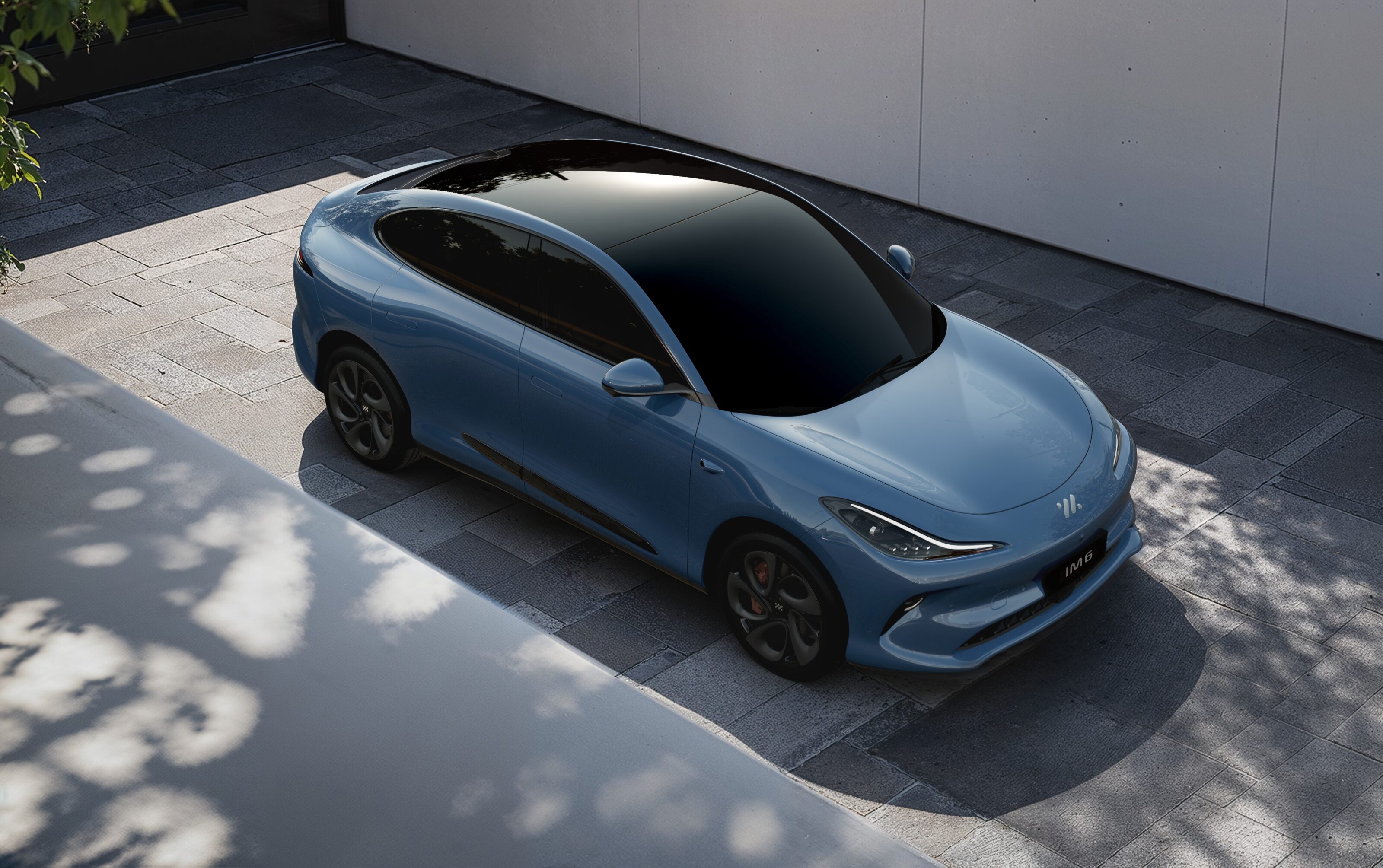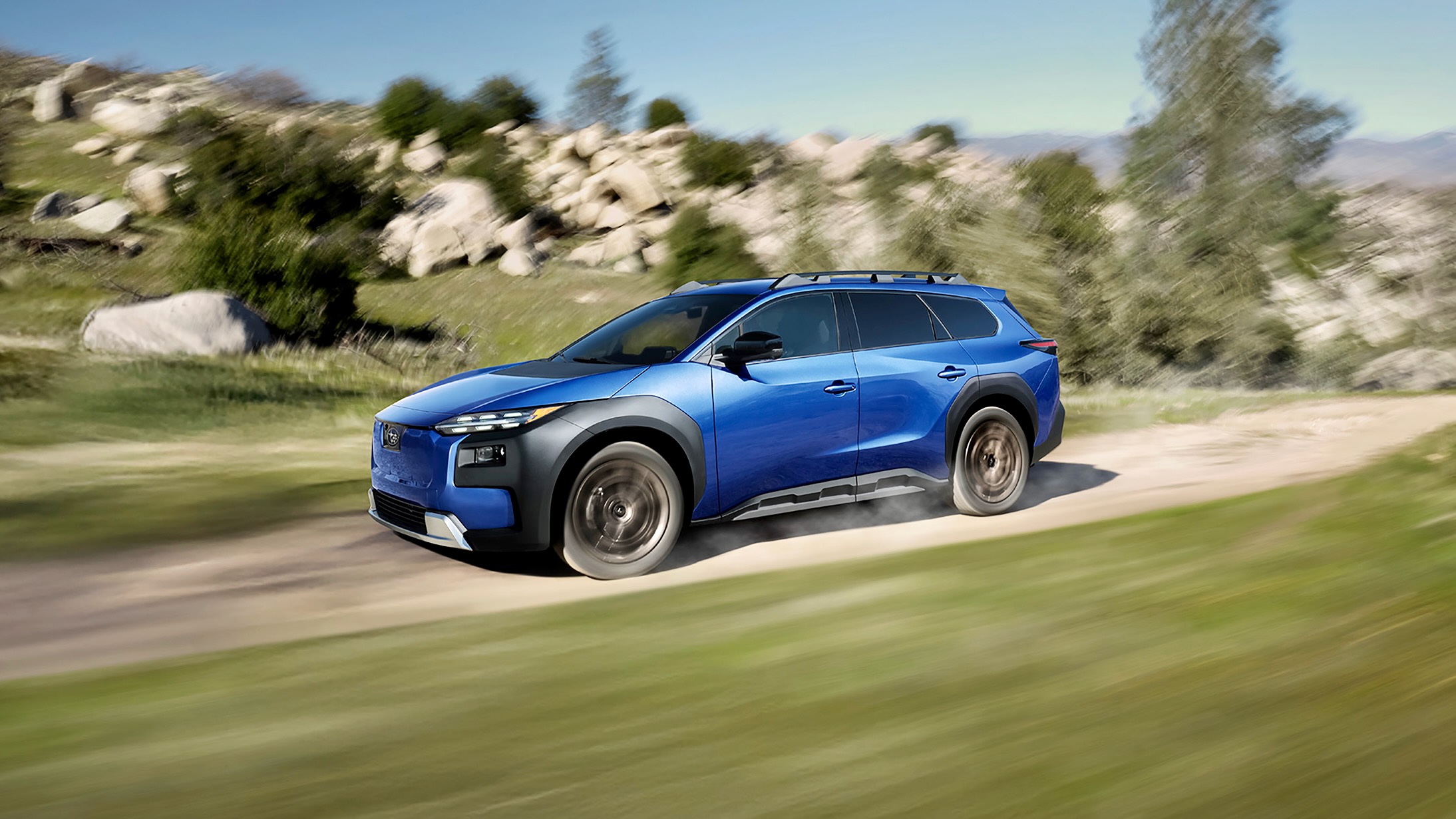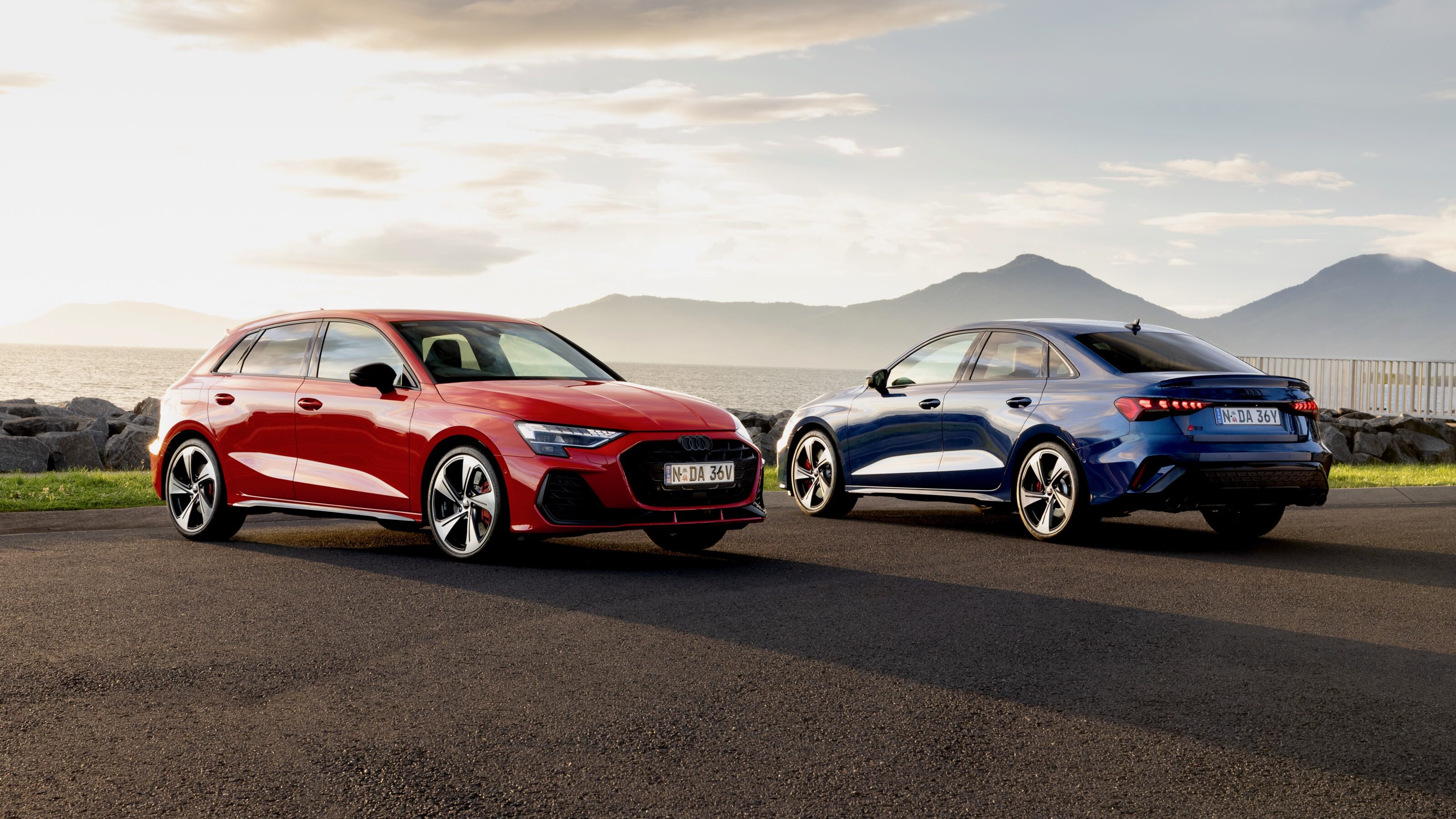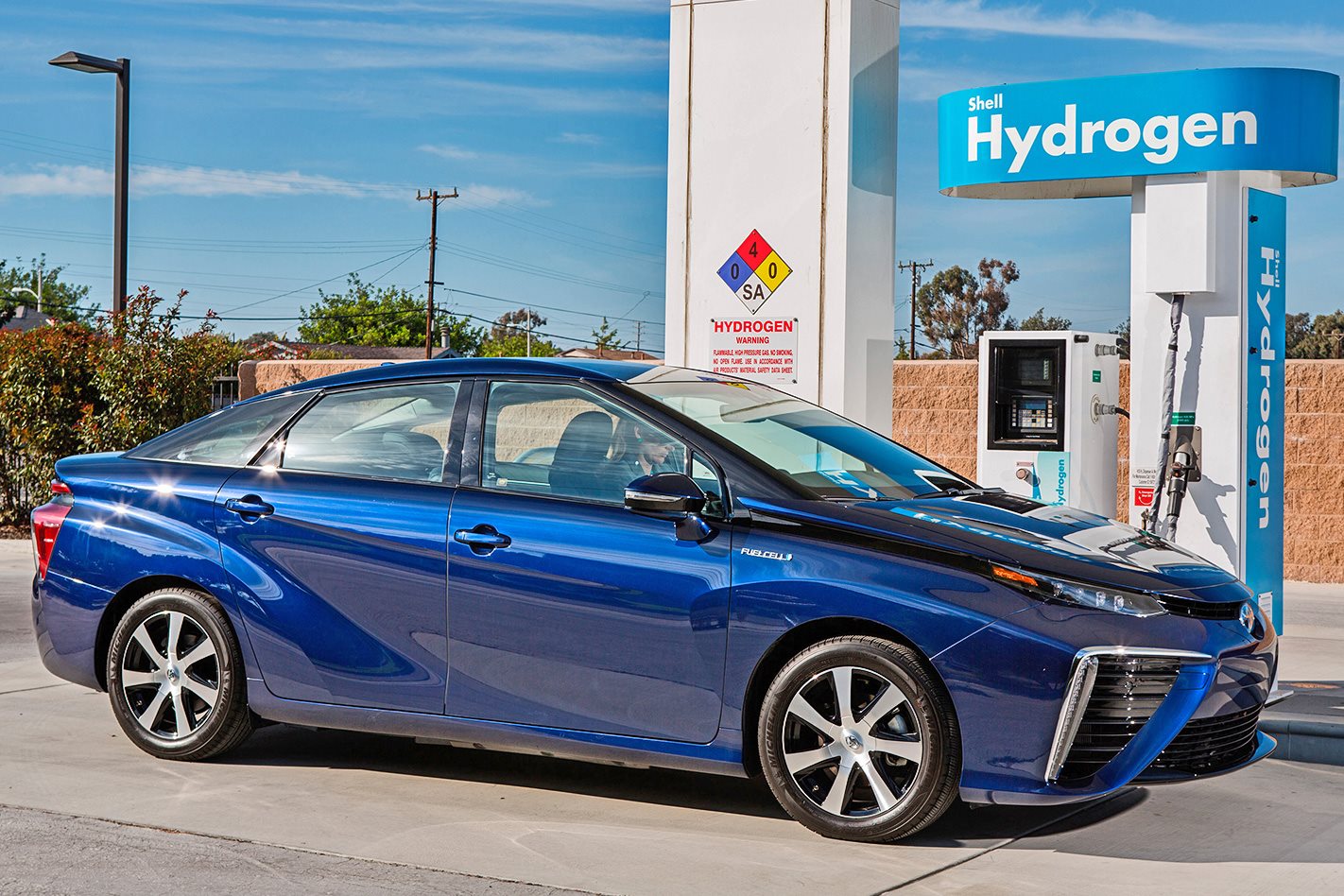
Snapshot
- Germany seeks EU to explicitly support hydrogen and eFuels after 2035 ban
- Approved mandate already allows for any zero-emission vehicle tech
- Vehicle emissions estimated to kill 10 times more than road accidents
Germany has asked the European Union (EU) to relax rules to support the sale of combustion-engined cars that run on carbon-neutral fuels after 2035.
The ban on selling new internal combustion engine vehicles (i.e. petrol, diesel and hybrids) from 2035 was officially approved last month, requiring carmakers to achieve a 100 per cent cut in carbon dioxide (CO2) emissions from already strict Euro 7 mandates in the 27-country continent.
There is no explicit requirement that manufacturers must use battery-electric technology; only any zero-emission vehicle (ZEV).
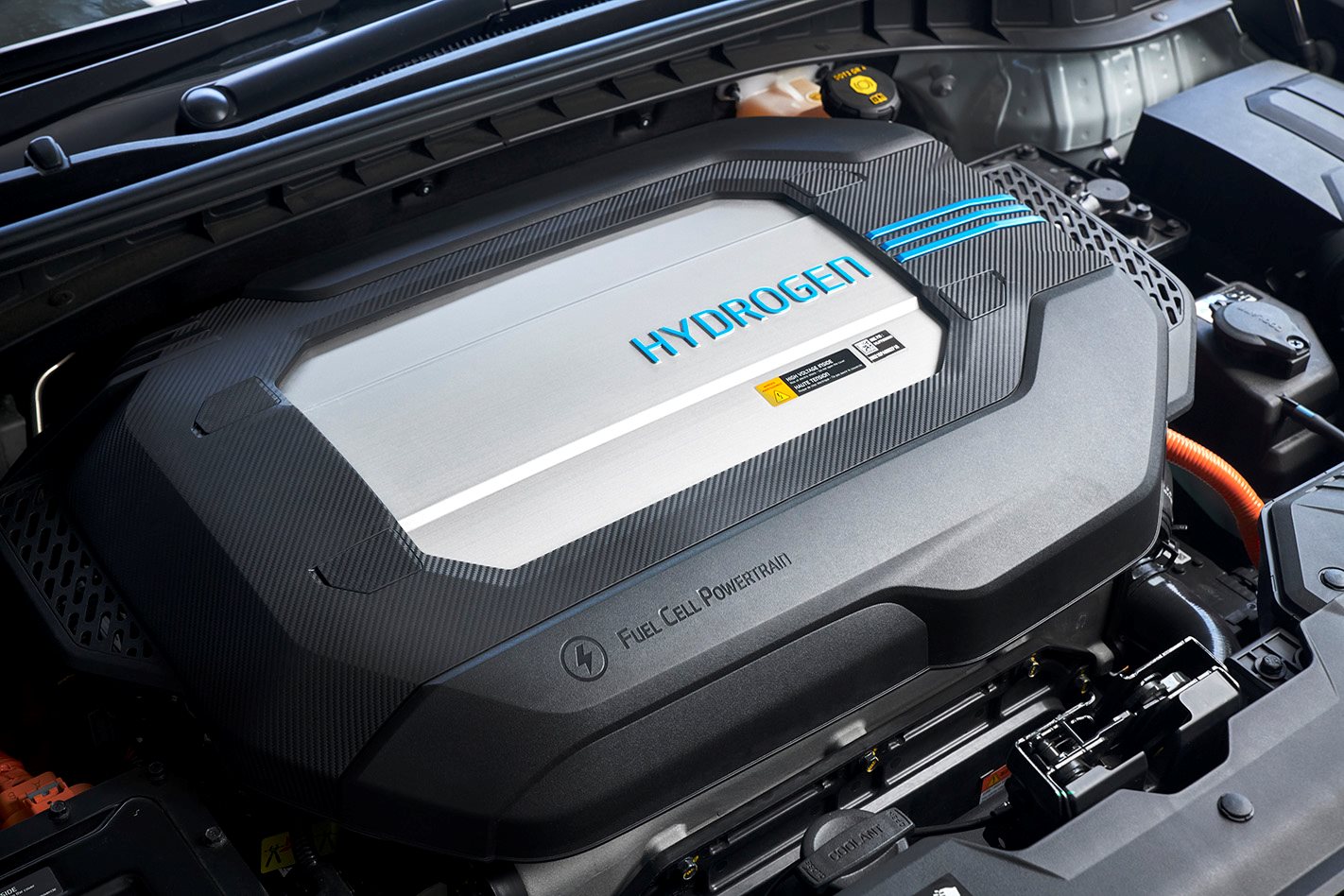
Yet, in a meeting to EU transport and energy ministers, Germany is reportedly seeking the EU to include explicit mandates to support emerging hydrogen fuel-cell and synthetic eFuels – even though it admits battery EVs are the “way to go”, according to Automotive News Europe.
“The commission should come forward with a proposal [on] how eFuels can be used, or how combustion engines which are run with climate-neutral fuels can be organised,” Germany’s state secretary for transport, Michael Theurer, said.
“We need hydrogen technology and also e-fuels, especially in heavy vehicles, in truck transport.”
The sentiments echo those of Mazda Europe’s CEO, Martijn ten Brink, who claims the 2035 ban forces carmakers to only invest in battery-electric propulsion.
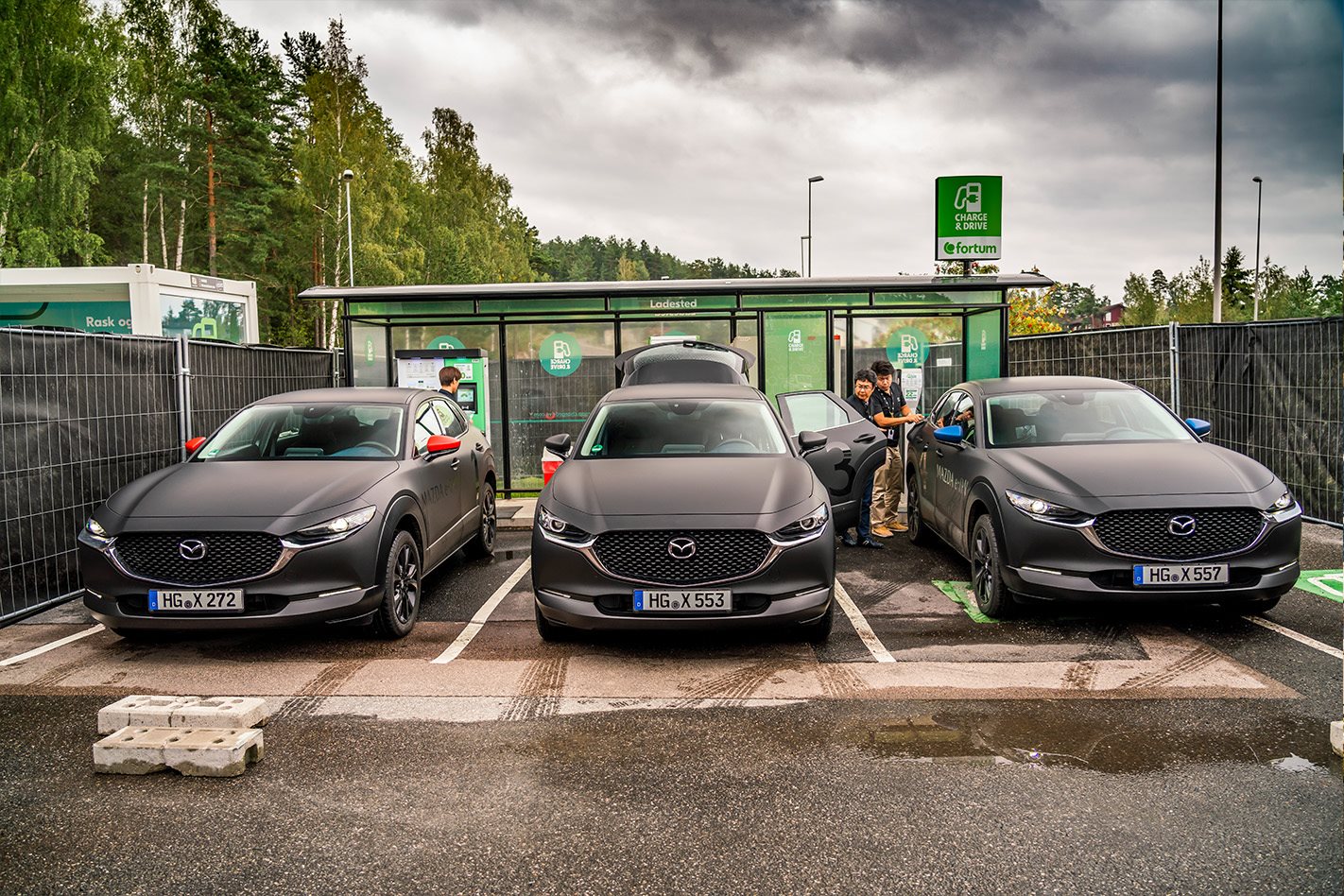
But, Electric Vehicle Council (EVC) CEO Behyad Jafari told Wheels that these criticisms are false and confusing.
“It [the EU] hasn’t mandated any technology to achieve the 100 per cent emissions reduction by 2035.
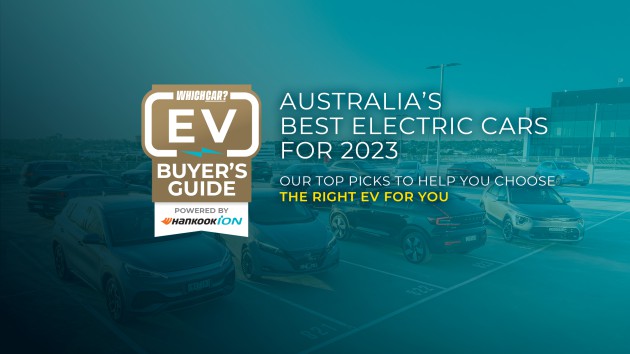
Australia’s best electric cars for 2023
We’ve tested nearly every EV below six figures in Australia to rank the best on sale today
“In fact, there’s even a provision where it’ll investigate permitting internal-combustion engine vehicles, as long as those vehicles are using 100 per cent synthetic fuels or renewable fuels by 2035 as well.
“Unfortunately, this is something that policymakers around the world are very used to and have gotten tired of hearing, which is future technology development being used as a delaying mechanism [for emissions reduction targets].
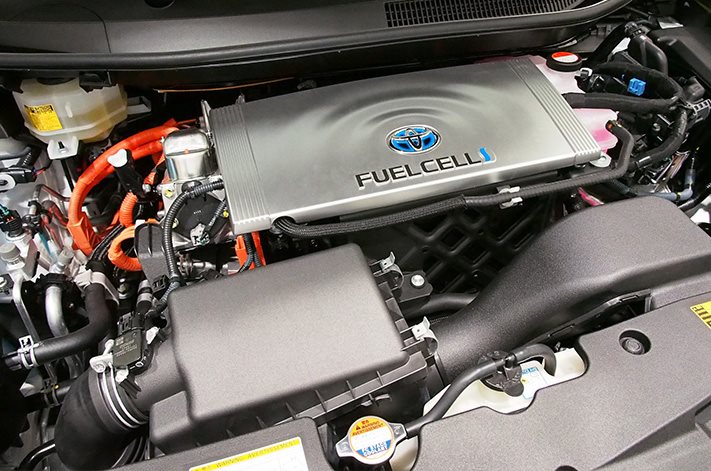
“What isn’t a reasonable outcome is to ask policymakers around the world to stop what they’re doing, slow down and to provide less benefits to their citizens because it’s not in your best interests.”
According to modelling from Melbourne Climate Futures, vehicle exhaust emissions may cause 11,105 premature deaths in Australia – which is 10 times more than road accidents – in addition to contributing to 12,210 cardiovascular hospitalisations, 66,000 active asthma cases, and 6840 respiratory hospital admissions per year.
Hydrogen fuel-cell and eFuel technology can be carbon-neutral as long as the production process is from complete renewable energy sources and carbon capture techniques, though eFuel-powered vehicles still emit exhaust pollutants.
We recommend
-
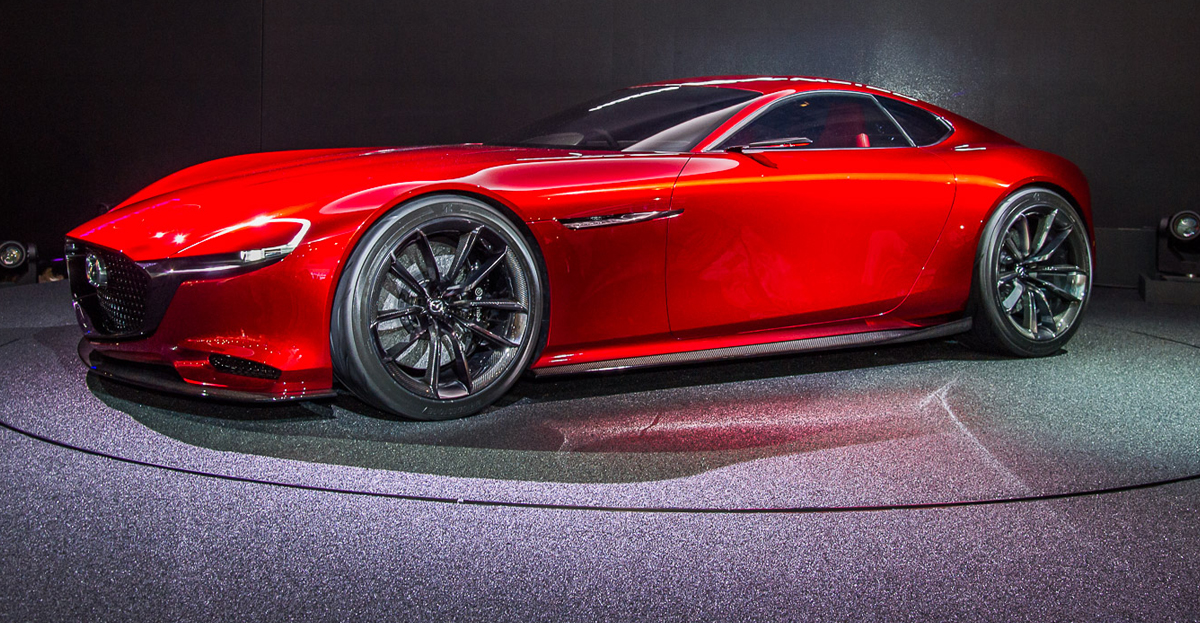 News
NewsMazda may use hydrogen power to revive the rotary
Reports from Japan suggest an RX-8 successor would burn hydrogen
-
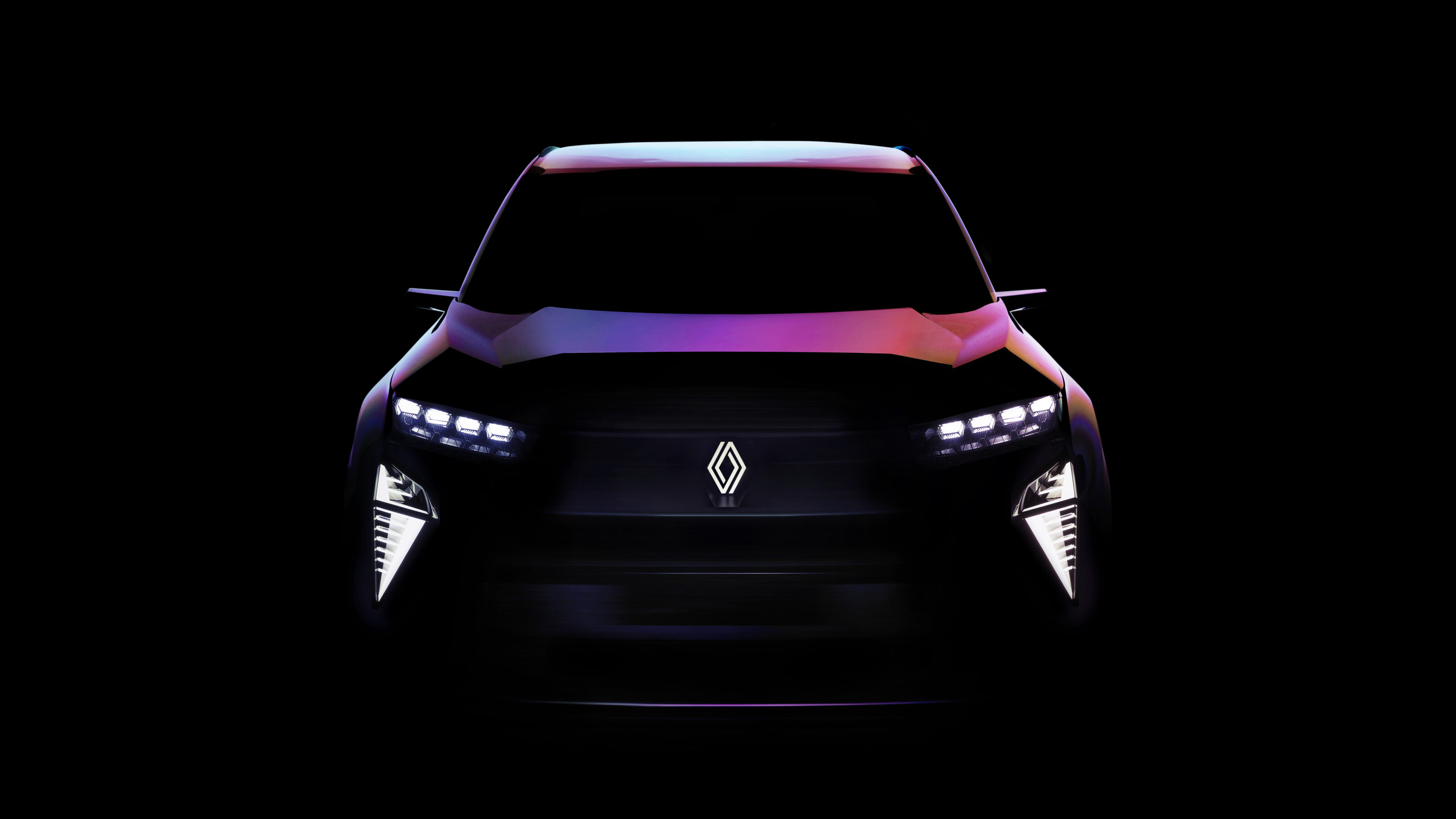 News
NewsRenault previews hydrogen-powered concept car
Instead of relying on a fuel cell, the concept could utilise a hydrogen-powered combustion engine
-
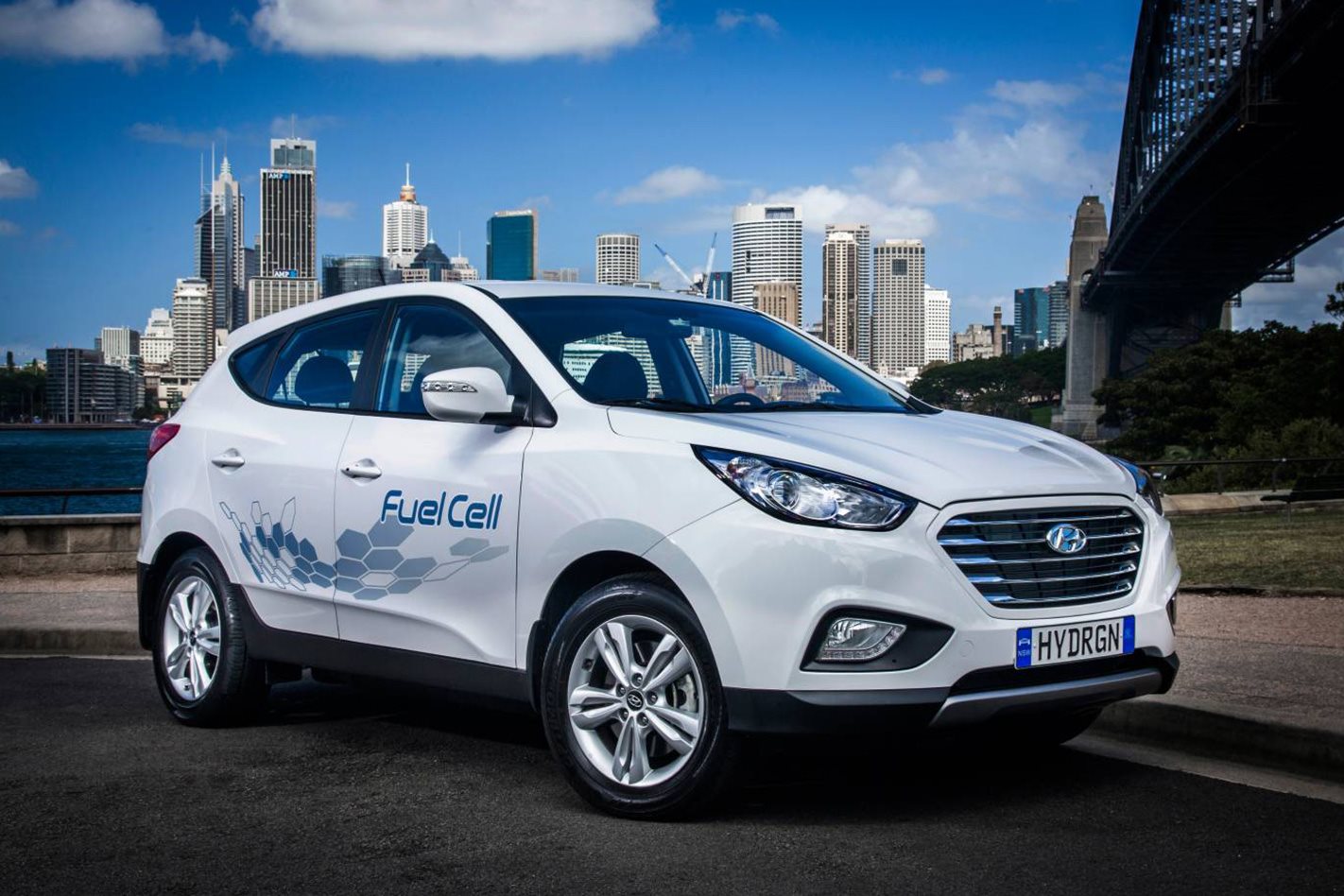 Advice
AdviceWhat is a Fuel Cell?
David Bonnici explains what fuel cell technology is and how it works in cars, as Toyota gets set to begin testing its hydrogen-powered Mirai in Australia


